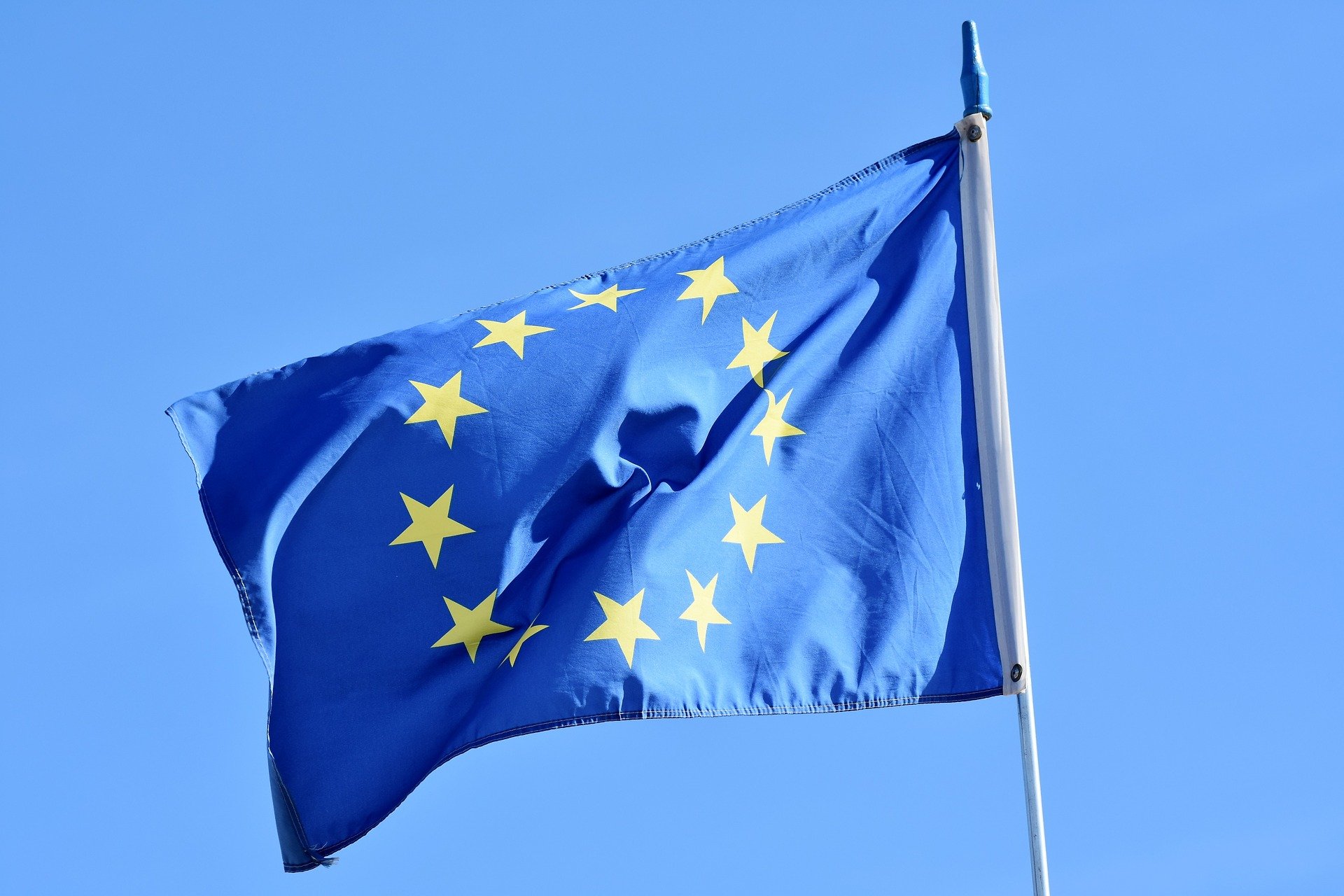Latin America is a region highly dependent on multilateral trade agreements. To the east, there’s Europe, to the west – Asia, and to the North – North America. Latin America is ideally placed between the three largest consumer markets in the world.
With the use of regional trade agreements, every country in the region can take advantage of their collective strategic geographic location. Influential Latin American trade groups include Mercosur, ALADI, Trans-Pacific Partnership, Union of South American Nations and the Pacific Alliance.
By utilizing these trade agreements, both the individual countries and the region as a whole can benefit. Recently, two powerful groups have solidified their commitment to establishing stronger ties: the Pacific Alliance and the EU. This connectivity is a positive step towards generating greater opportunities for Latin American companies to secure new trade channels in European markets.
Pacific Alliance makes a deal with the EU

The Pacific Alliance is made up of four Latin American nations, Mexico, Colombia, Peru and Chile, with a total population size of 225 million people. Together, the economies of these nations represent the eighth largest economy in the world and the eighth-largest export force worldwide. Pacific Alliance countries attract 45% of all Foreign Direct Investment in Latin America and the Caribbean and also make up the top four places in Latin America for ease of doing business.
In late September, parties from both the European Union (EU) and the Pacific Alliance met in New York to reaffirm their relationship. Discussions ended with a joint declaration signed by both groups which was aimed at strengthening cooperation between the two multinational groups.
What does this mean for business?
In business and trade terms, the two groups paid special attention to further integrating their visions on open trade and investment with particular focus on greater financial integration and digital economy integration. They also declared to further promote investment into science, technology, and innovation.
These commitments are expected to produce a more integrated approach when it comes to sharing information and technologies. Although Latin America had a slow start on the technology front, they are more than making up for it now. Both regions have continuously growing knowledge and research-oriented economic sectors, particularly in technology, big data, and science so both regions can expect to benefit from further sharing of their information.
Additionally, by integrating their financial systems and digital economy further, the process of moving funds between the EU and these four counties becomes more transparent and open. Greater financial fluidity and transparency will act as an incentive for businesses in both regions to invest in one another’s markets. Already established businesses operating between the two regions can expect an easier process of monetary import and export in the future.
The declaration also includes a number of political objectives such as improving principals of democracy, rule of law and human rights whilst also increasing political dialogue between the two groups.
Europe and Latin America trade
Traditionally, Latin America is a region that has received most of its foreign direct investment from the USA and, over the last 15 years, China. However, more recently Europe has extended its reach into the upcoming region. Latin America has never received such a large contribution of Foreign Direct Investment from Europe. With China and the USA suffering trade difficulties, Europe has topped foreign direct investment figures in the south of the region whilst the USA carried on to dominate in Mexico and Central America. Colombia reported a 45% foreign direct investment contribution from Europe in 2017, an increase of 9% from the previous year whilst Brazil received over 50% in the same year.
Tech and Innovation in Europe and Latin America

Europe is a region that has always been a large part of the technology revolution playing both the role of consumer and manufacturer. Today, Latin America is seen as the next major global tech and innovation hub. With a large consumer network that spend more time on their phones per day than any other region worldwide, as well as a tech-educated workforce, Latin America has rapidly taken hold of the global market.
A recent Harvard study showed Argentina placed number one in tech skill and talent. Below Argentina came a number of European countries renowned for their innovative streak, Austria, Spain, Poland, and Germany. Latin America with its cheap but skilled labor force has grasped the attention of the tech world over the last two years and indicators show this trend to continue growing.
Further integration between the two continents tech cooperation and joint development would mean these two regions support each other’s innovation and introduce new capabilities and products into each other’s markets.
Make the most out of EU-Pacific Alliance relations with us
As relations improve between two multinationals, so does business. It’s well-known that regions with the most multinational agreements commit to the most trade and acquire the most foreign investment. Going forward, it can be expected that the EU will commit more trade in the direction of Latin America and vice-versa particularly in the tech arena.
To learn more about the business opportunities to form a company in Latin America, and how you might take advantage of these political shifts, please contact us today.
Learn more about our team and expert authors.





